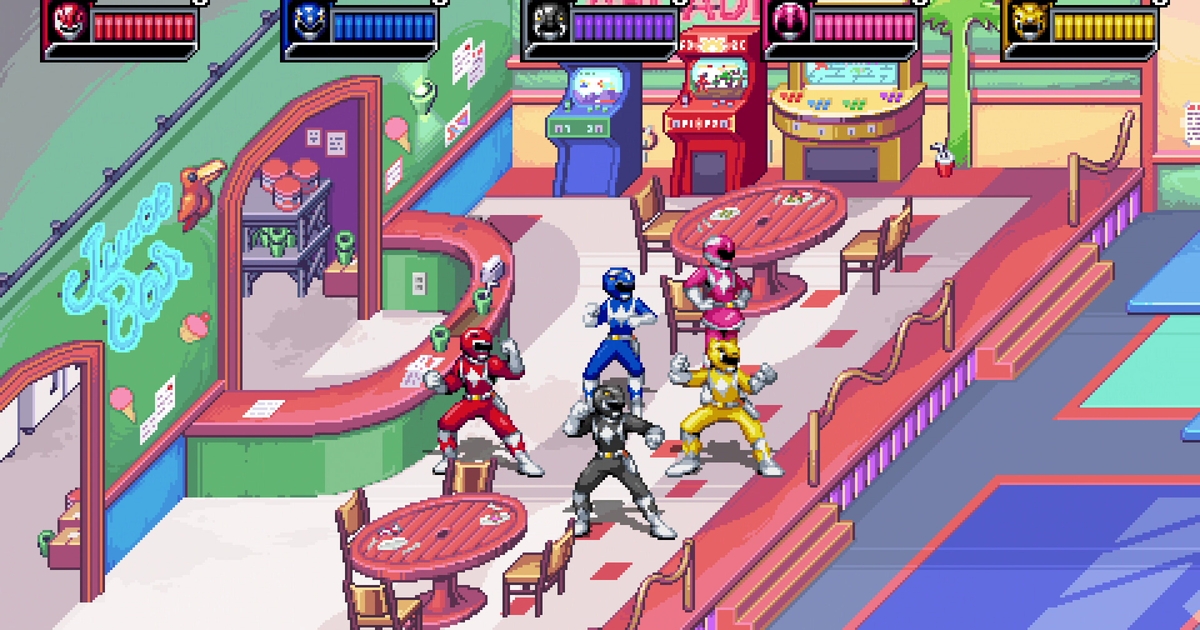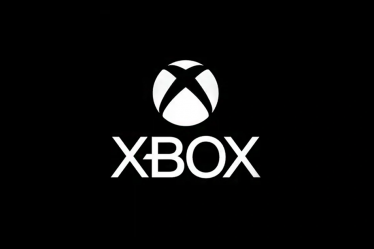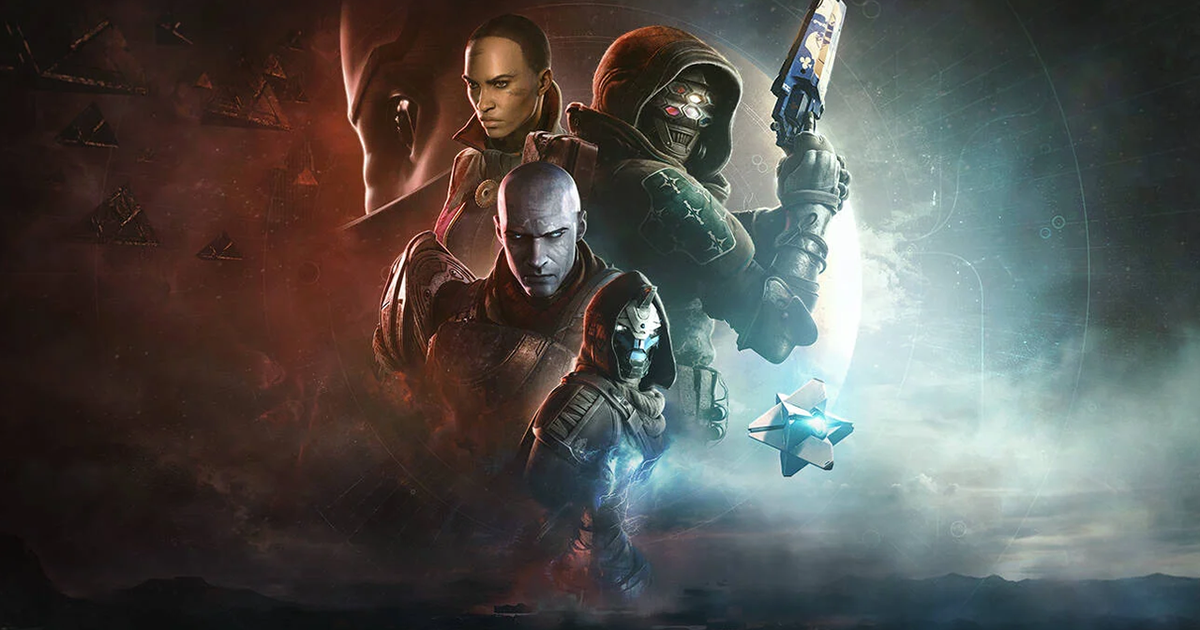
In TV, film, and video games, documentaries are a tough market to crack. They’re increasingly popular on streaming services in series format, but it’s been a long time since mass market films like Fahrenheit 911 and Supersize Me were hits at the box office. And films or series about the history of video games have either focused on hyper-niche subjects or been relatively light on detail. Is it possible to capture interest in video game history outside of academic settings or journalism?
Developer Digital Eclipse is taking a swing at it. The Atari-owned retro studio has begun putting out original projects like Llamasoft: The Jeff Minter Story alongside conventional commercial games like Mighty Morphin Power Rangers: Rita’s Rewind.
The two games don’t seem similar at first—one is part of the studio’s new experiment in mixing documentary interviews with gameplay, and the other is a side-scrolling beat-em-up featuring the cast of the original Mighty Morphin Power Rangers TV show. Digital Eclipse editorial director Chris Kohler acknowledged in an interview with Game Developer that it might be surprising to see the two projects come from the same studio.
He explained that they’re both part of the same project: to turn the company into a workshop for reinventing retro games—and to sell themselves to prospective partners as a go-to source for connecting with players who want an honest-to-goodness blast to the past.
Documentaries and more ‘commercial’ projects go hand-in-hand
Kohler said the studio is “energized” after the release of The Making of Karateka and Llamasoft: The Jeff Minter Story. The two projects target a smaller audience as the games at the heart of both interactive documentaries aren’t as well-known to the public. Karateka creator Jordan Mechner became famous later for the Prince of Persia series, and Minter’s ZX Spectrum, Atari, and Jaguar games aren’t as widely mythologized as their peers.
“We’ve got this hill to climb where essentially what happens is we’re creating these for people who’ve never experienced these games before,” said Kohler, explaining why Digital Eclipse took this route instead of just rereleasing the original games. “It’s gonna be a niche of a niche. If we can try to expand the audience somehow, then we can sell more of these games and get recognition for them.”

Image via Digital Eclipse.
He said he’s sure rereleases of Karateka or Llamasoft’s library wouldn’t have sold as well on their own.
There’s another way to assess the commercial viability of these games: they’re prototypes for bigger documentaries Digital Eclipse wants to pull off. “The idea is, ‘we’ve got the foundation now, we’ve done two projects with games that are really interesting stories…can we do this interactive documentary format with something people are clamoring for?'”
That pitch implies a future where games like Astroids or SimCity 2000 can get the documentary treatment. Digital Eclipse’s two documentary games are like a calling card for the license holders for older titles. And those companies aren’t the only ones the studio wants to work with.
Digital Eclipse says retro games help companies like Hasbro connect with a new audience
Video game history doesn’t just have to be about constantly resurrecting beloved classics. Many developers, inspired by the aesthetics or playstyles of older games will riff on them with modern titles.
Digital Eclipse is doing the same, but with an eye toward games made “in partnership” (re: licensed) with notable brands. That was part of the motivation for making Rita’s Rewind, a riff on ’90s co-op sidescrolling beat-em-ups like the arcade game X-Men or The Simpsons. It isn’t a remake, but more of a “what if?” on the kind of game that could have been made in Power Rangers’ explosive heyday.

Image via Digital Eclipse.
“You’re gonna see other games that are [potentially] in partnership with other publishers,” Kohler said. Digital Eclipse’s parent company Atari apparently isn’t fussed about binding the company to its own library, and wants the studio to bring in revenue by courting any business that wants to make a retro-themed game.
The studio organizes developers into two groups—ones working on the documentary games, and ones working on the Rita’s Revenge-style games, though there’s “plenty of overlap” between the two teams, Kohler said.
He said that Digital Eclipse is “very dedicated” to the interactive documentary concept—seeming to imply that the company doesn’t want its more conventional projects to overtake the documentaries in terms of resources.
It’s a unique strategy—and definitely a niche that few other studios will be able to pursue. Game studios looking to capitalize on interest in classic games face a unique host of challenges, and leaning into the fun of diving through history is a solid plan. “We really believe that video games are the best way to tell the stories of video games,” Kohler said. “and we’re still actively looking for [new] ways to do that.”



